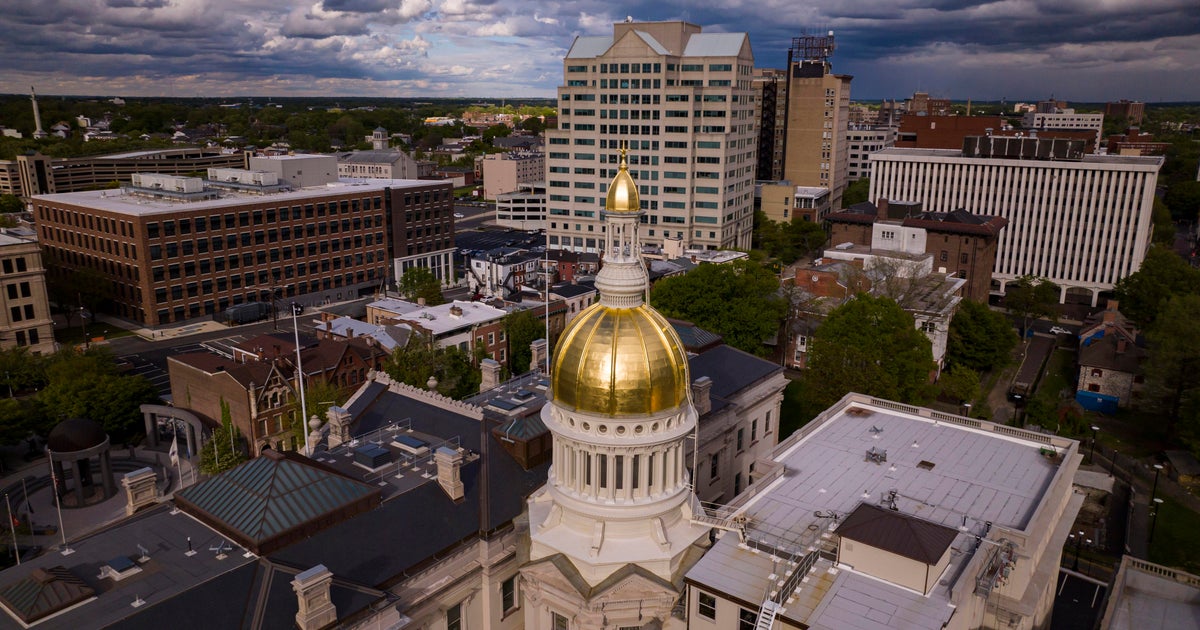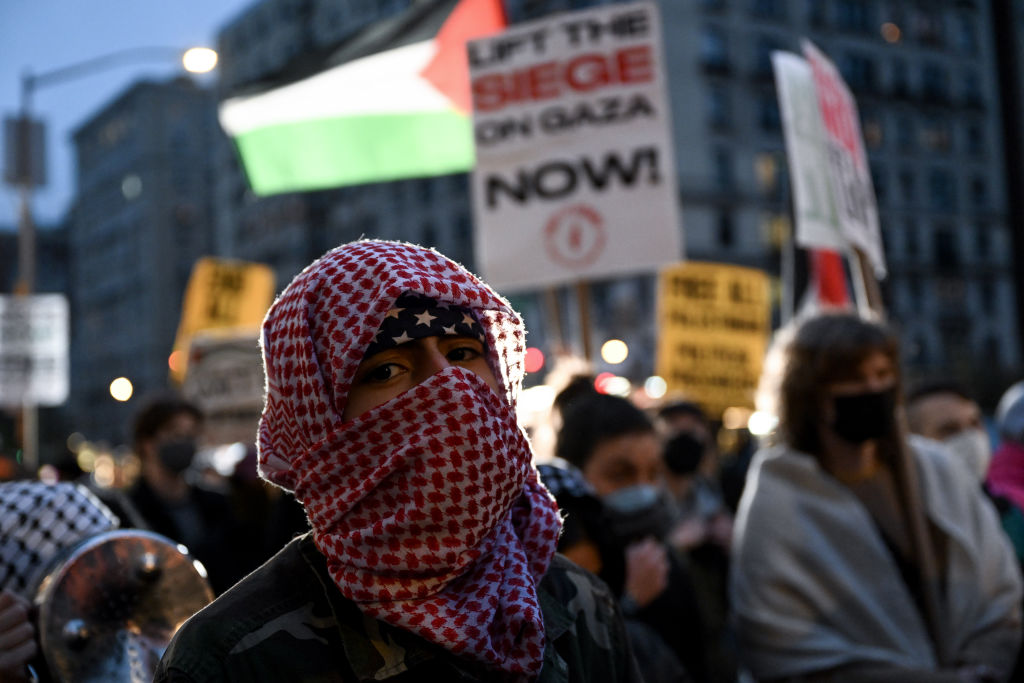Exxon sued by U.S. after 5 nooses found at Louisiana plant
Exxon Mobil was sued by a federal agency for alleged racial discrimination against a Black employee after the worker found a hangman's noose at his worksite at a Baton Rouge, Louisiana, facility. It was one of several nooses found at the plant over a number of years, which the company failed to adequately address, according to the government.
Milferd McGhee, a Black employee who has worked at the Exxon plant since 2010, found a noose at his workplace in January 2020, according to the lawsuit from the U.S. Equal Employment Opportunity Commission, which was filed on Thursday.
McGhee, who was aware that three previous nooses had been found at the Baton Rouge facility, reported the issue to his supervisor. Exxon wasn't able to determine who left the nooses, and the company recommended additional steps to remedy racial harassment in the workplace, the suit states.
However, the energy giant "did not complete all the measures recommended in its investigative report to remedy the harassment" — and a fifth noose was discovered at the same plant in December 2020, according to the suit.
In a statement emailed to CBS News, Exxon said it disagrees with the EEOC's findings and allegations.
"We encourage employees to report claims like this, and we thoroughly investigated," the company said. "The symbols of hate are unacceptable, offensive and in violation of our corporate policies."
Exxon has a "zero tolerance policy of any form of harassment or discrimination in the workplace," it added.
"Symbol of violence"
The complaint claims a pattern of ineffectual dealings with the incidents, which spanned from 2016 to 2020, with Exxon Mobile allegedly failing to take steps to prevent racial harassment or not following through on recommendations to address the issue. As a result, the company "created a racially hostile work environment," the EEOC alleged in a statement.
"A noose is a longstanding symbol of violence associated with the lynching of African Americans," said Elizabeth Owen, a senior trial attorney in the EEOC's New Orleans Field Office, in the statement. "Such symbols are inherently threatening and significantly alter the workplace environment for Black Americans."
The EEOC's lawsuit said it is seeking to "make Mr. McGhee whole" by providing compensation related to past and future nonmonetary losses, including emotional pain and suffering. It is also seeking punitive damages for "malicious and/or reckless conduct," according to the suit.



